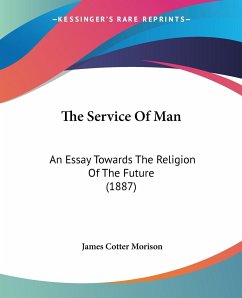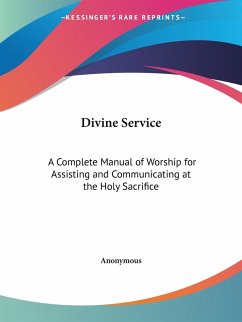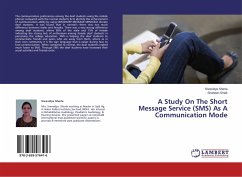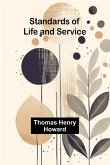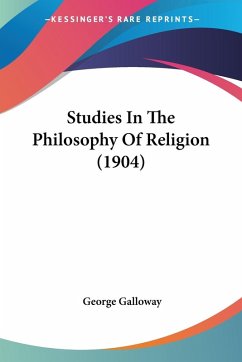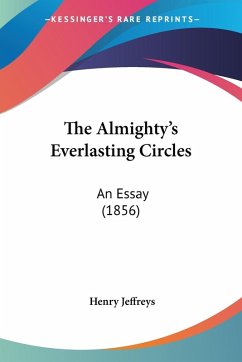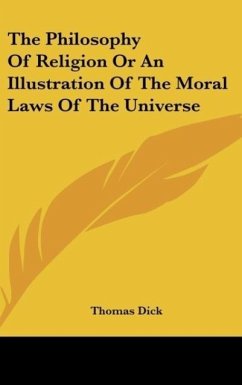""The Service of Man: An Essay Towards the Religion of the Future"" is a thought-provoking book written by James Cotter Morison in 1887. The book explores the concept of religion in the future and how it should be focused on serving humanity. Morison argues that religion should be based on morality and ethics rather than dogma and superstition. He believes that the religion of the future should be a synthesis of science, philosophy, and ethics.Morison's book is divided into three parts. In the first part, he discusses the history of religion and how it has evolved over time. He argues that religion has been a source of conflict and division throughout history, and that it has often been used to justify violence and oppression. Morison believes that religion should be a force for good in the world, promoting peace, justice, and equality.In the second part of the book, Morison discusses the role of science in shaping the religion of the future. He argues that science has played a crucial role in advancing human knowledge and understanding, and that it should be integrated into religion. Morison believes that the religion of the future should be based on scientific principles, and that it should be open to new discoveries and ideas.In the final part of the book, Morison discusses the practical implications of his ideas. He argues that the religion of the future should be focused on serving humanity, and that it should promote social justice, equality, and compassion. Morison believes that religion should be a force for positive change in the world, and that it should inspire people to work towards a better future for all.Overall, ""The Service of Man: An Essay Towards the Religion of the Future"" is a thought-provoking book that challenges traditional ideas about religion and offers a vision for a more humane and compassionate future. It is a must-read for anyone interested in the intersection of religion, science, and ethics.This scarce antiquarian book is a facsimile reprint of the old original and may contain some imperfections such as library marks and notations. Because we believe this work is culturally important, we have made it available as part of our commitment for protecting, preserving, and promoting the world's literature in affordable, high quality, modern editions, that are true to their original work.
Hinweis: Dieser Artikel kann nur an eine deutsche Lieferadresse ausgeliefert werden.
Hinweis: Dieser Artikel kann nur an eine deutsche Lieferadresse ausgeliefert werden.

